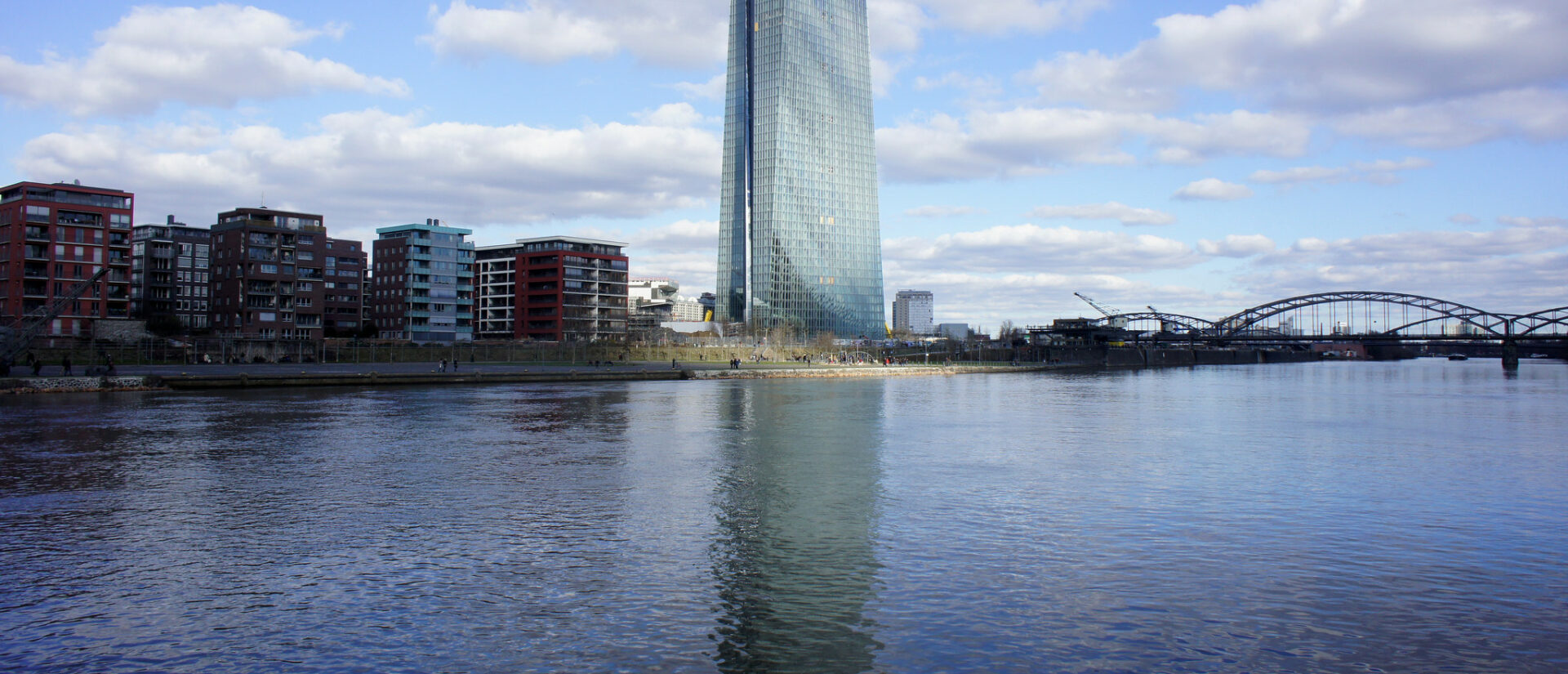
Towards a volcanic eruption?
New EU rules against bail-outs in times of crisis
By: Peter Wahl
The new rules to govern and manage the European financial system that emerged after the financial crisis have already shown that they are not able to solve concrete problems. Investors are falling short of investing in the economy, preferring to invest in German bonds with zero interest rates. Rules prohibit Italian banks from being saved by public money, but might turn the public against the EU in the next elections. The opposition to creating a third pillar of the Banking Union might change, given the situation at Germany’s largest bank.
The German government successfully issued a 10-year bond for over € 5 bn at a zero fixed interest rate on 13 July 2016, following previous bond issues at variable zero interest rates. A “free lunch” for Schäuble, and a clear denial of the famous “there is no free lunch” credo of the neo-liberals. The German zero bond is another indicator of the depth of the crisis still embroiling the European financial and euro system, even after the exceptional measures of the ECB (see previous issue of this newsletter). Having too much money and desperately searching for profitable investments and safe harbour investments, investors are willing to accept no price or are hoping to still make a profit by selling the bonds on secondary markets. But from a systemic perspective, this means that financial market players are not willing to put money into real investment in order to end stagnation.
Problems with default credits more difficult to solve
Investors were also massively pulling out of bank shares after the Brexit, as they became more worried about the increasing problems of the banking sector in the Euro-zone with some € 900 bn in non-performing loans(opens in new window) . Particularly problematic is the situation of the Italian banks. Around 17% of all Italian loans are non-performing, amounting to € 360 bn, for which the banks need at least € 40 bn of fresh capital.
But where should the money come from? Since January 2016, the EU’s Single Resolution Mechanism has entered into force. Along with the supervision of big banks by the ECB, it is the second pillar of the Banking Union. The core idea is that shareholders, bondholders and creditors have to bear the liability of bankruptcy (bail-in) and not the taxpayers. Italy properly applied the new rules when four small banks went bankrupt earlier this year. Many individual investors, who own around €231 bn in different kinds of bonds from Italian banks (login required)(opens in new window) , were and will continue to be affected if the rules are applied. When a pensioner, who had lost his savings held in securities that had been recommended to him by the bank, committed suicide, a shock wave of indignation crossed the country.
The Italian government tried to gain the EU’s consent to recapitalise the distressed banks with public money, but a recent judgement by the European Court of Justice has made such things more difficult (login required)(opens in new window) . The German and Dutch finance ministers had already insisted on sticking to the rules. Prime Minister Renzi fears that a bank crisis, which could increase after the ECB’s bank stress test at the end of July, will turn a referendum on institutional reforms announced for October into another vote against the EU. The euro-sceptic movement Cinque Stelle is leading in the opinion polls and Renzi announced that he would step down if he looses the referendum – a scenario which could even top the BREXIT. This is why the EU can be expected to agree to some indirect bail-outs of the banks. Ignazio Angeloni, a board member of the ECB’s supervisory authority and part of Draghi’s inner circle, has already said that “the problem of the defaulting credits can be solved(opens in new window) .” Potential solutions include (login required(opens in new window) )(opens in new window) a “bail-in light”, whereby small shareholders, bondholders and pensioners with savings above € 100,000 will be compensated. Another solution might be buying up non-performing loans by private or semi-private institutions.
The current crisis of the European banks shows once again that patchwork reforms are prone to failure. In this case, just a half-year after they had entered into force, new rules against bail-outs with taxpayers’ money were already showing their inability to deal with concrete problems.
A European deposit guarantee system – a no-go option
When a single deposit guarantee system was discussed, Germany – and hiding behind it, the Netherlands and others – refused to establish such a mechanism in the Euro-zone. This would provide protection of savings up to € 100,000 euros for all bank savings in the Euro-zone. The argument was that they did not want to take over responsibility for rotten banking systems in other countries. But pride comes before the fall. The biggest bank in the Euro-zone, the Deutsche Bank, has been running into the deepest crisis in its post-war history. The bank is listed as globally systemically relevant, in other words: too big to fail. According to the IMF, Deutsche Bank “appears to be the most important net contributor to systemic risks(opens in new window) ” worldwide. However, the bank failed the stress test conducted by authorities in the US, where it also operates.
The market value of Deutsche Bank shares has fallen by 90% since June 2007, and in 2015, the bank recorded losses of € 7 bn. In the 90s, the bank had become a global player in investment banking, involved in many risky and speculative activities. Its decline started after the 2008 financial crisis and billions of euros in fines, due to its involvement in numerous scandals and criminal activities, including the manipulation of LIBOR (revealed in 2012).
Overall, the situation requires rapid stabilisation efforts. Experience since 2008 has confirmed time and again that nothing short of closing down the casino, this financial system with too many speculative and risky activities, will prevent another volcanic eruption.
Do you need more information?
-

Myriam Vander Stichele
Senior Researcher
Related news
-
Why share buybacks are bad for the planet and peoplePosted in category:Opinion
 Myriam Vander StichelePublished on:
Myriam Vander StichelePublished on: Myriam Vander Stichele
Myriam Vander Stichele -
 The trillion-dollar threat of climate change profiteersPosted in category:Long read
The trillion-dollar threat of climate change profiteersPosted in category:Long read Myriam Vander StichelePublished on:
Myriam Vander StichelePublished on: -
The treaty trap: The miners Published on:
 Vincent KiezebrinkPosted in category:Publication
Vincent KiezebrinkPosted in category:Publication Vincent Kiezebrink
Vincent Kiezebrink

